Canoe trips, museum visits, parachuting: if you book an experience online, Bookingkit is often behind the process. A fast-growing business – until the pandemic arrived, that is. To survive the coronavirus crisis, the Berlin-based start-up needed strong partners, had to rethink its strategy and came of age practically overnight.
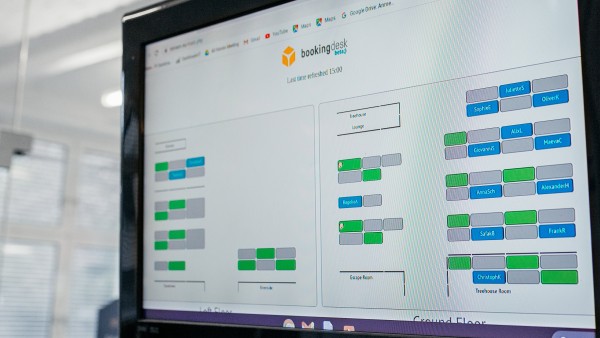
Is that table free? bookingkit quickly adjusted its booking system for restaurants that need to ensure social distance during the coronavirus crisis.
There he stood, in the middle of Buenos Aires, with a worthless piece of paper in his hand, watching as the bus left for its city tour without him on it. And yet, Christoph Kruse had actually paid to be on board. But the bus driver saw things differently and was unwilling to accept his ticket – thereby stranding the German man at the bus stop. Christoph Kruse couldn’t get over his frustration, even by the time he had returned to Germany. He grew more and more certain that there had to be a better way!
A mere six months later, in December 2014, bookingkit was born – a start-up designed to make the process of booking tours, experiences or museum trips as easy as routine purchases from online retailers: search, register, confirm, pay and you’re done. “We said at the time: we believe that every sector will go digital and that includes this one,” remembers Kruse. So, he and his business partner Lukas Hempel got to work on setting up a company that would bring all participants together in just a few clicks – the providers of canoe trips, wine tastings and yoga courses, as well as their customers.
In this process, the cultural hurdles were greater than the technical ones. After all, paper – as the two young entrepreneurs quickly noticed – is still ubiquitous in the experience-booking sector and Germany is no different than Argentina. “The first year was about knocking on doors and taking our product out onto the street,” says Kruse. “The market wasn’t really ready back then. First of all, we had to make it clear to our customers that digitalisation offers them a lot of benefits.” Even today, the majority of providers are still holding on to their old ways. When you can buy tickets for a boat trip or leisure park online, for example, you still generally have to print them out – because somewhere along the way there's an analogue link in the chain.
However: “We, as customers, are less and less willing to put up with this,” says Kruse. Once you have gotten used to seeing your smartphone as the ultimate solution for all areas of life, you may no longer be willing to dig around in your bag for tickets at an entrance. Even large providers like Booking.com, Google or Expedia are increasingly pushing for the end of the need for paper.
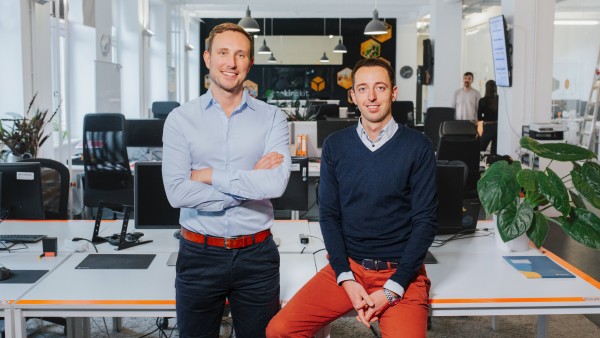
Frustration over a cancelled sightseeing tour inspired Christoph Kruse (left) to create a start-up for digital bookings together with Lukas Hempel.
Between a state of shock and great opportunities
This growing interest is benefiting bookingkit. As the intermediary service provider, the Berlin-based company earns commission from every purchase. What’s more, providers using the system also play a basic monthly fee. As a result, the company has grown rapidly in its six short years and now has around 6,000 customers across Europe, not to mention 70 employees. “2019 was a good year,” reports Kruse, “and 2020 got off to a very good start.”
That is until the spring, when the coronavirus pandemic sent the country into a state of shock. With every museum that was forced to close and every theme park that said goodbye to fun, the prospects for bookingkit became increasingly gloomy: no ticket sales, no commissions, a sharp drop in income. “We saw losses of up to 70 per cent,” said Kruse. With a targeted package of measures and short-time working, the founders tried to avert the worst and maintain the team size – even if the latter was unfortunately not possible in every individual case.
“We worked hard to stay very present in the market,” explains Kruse. After all, even the world in lockdown – as the young entrepreneurs discovered – needed their services. Particularly the world in lockdown – because who still wants to pay cash and swap around pieces of paper nowadays? “Even a public swimming pool suddenly had just a few weeks to find a way to offer online tickets for a trip during a fixed period of time,” says Kruse. “And that was our big chance.”
Read more under the image gallery.
A bookcase in their Berlin headquarters has been collecting awards that Bookingkit has won.
A new chapter for bookingkit
With its booking system that can be flexibly integrated into conventional websites, bookingkit actively offered itself up as a digitalisation partner. His company attracted “hundreds of new customers” with this approach, explains Kruse. “We had to react quickly and that is what we did – we grew up pretty fast.”
A baptism of fire. All the more reason why bookingkit needed fresh capital during the crisis. New investors struggled with the idea of getting involved at a time when everything seemed lost for the tourism industry. bookingkit finally found support in the form of the Federal Government’s coronavirus start-up aid: on 1 April 2020, the then Federal Minister for Economic Affairs and Energy Peter Altmaier and the then Minister of Finance Olaf Scholz announced the two-pillar aid package totalling two billion euros. bookingkit– along with its investor, the High-Tech Start-up Fund (High-Tech Gründerfond or HTGF) – was able to make use of the first pillar of assistance. The HGTF applied for the capital for bookingkit from KfW Capital, a wholly-owned subsidiary of KfW that provides the funds in conjunction with the European Investment Fund.
“Over the past few months, we have observed a number of start-ups like bookingkit, who have adjusted their business models very flexibly and effectively. This ability is one of the main strengths of this young generation of businesses and helps to make them resistant,” says KfW Capital Managing Director Alexander Thees. “The targeted support from the Federal Government helps to support start-ups during the health crisis. As KfW Capital, we are delighted to do our bit using the tried-and-tested path of VC fund finance.”
On top of this, bookingkit managed to convince more original donors that the crisis would make the start-up stronger – provided it were able to survive it in the first place. New capital then arrived in September. “All shareholders invested, and for that I am infinitely grateful,” says Kruse. Dr Tanja Emmerling is a partner at HTGF and the head of the Berlin office. She praised the company’s “very good team of founders and managers”, who had already proved themselves during the crisis: “The product perfectly represents the new reality and enables the industry to adapt to this,” she says. And thanks to the “enormous potential for growth” concerning the marketing of experiences and tours, she says there is a chance “that bookingkit will develop into an even stronger European player in an important sector of the economy.”
The fast track to digitalisation
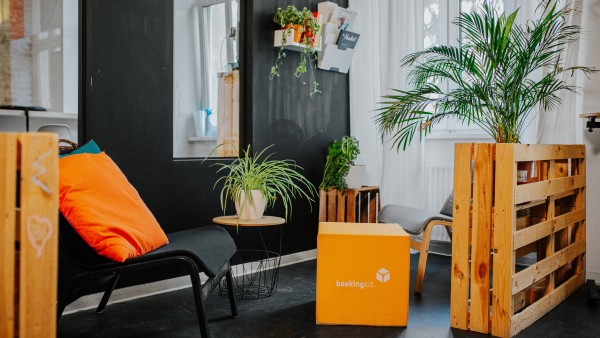
Normally the “bookingkids” would sit here, drinking coffee and chatting. Until the virus has been overcome, the furniture will have to while away the time alone.
The magnitude of this opportunity is demonstrated by figures provided by market researchers: in a typical year, according to the estimates of Skift, a service to the industry, people around the world spend around 130 billion euros on experiences while travelling – be it city tours, trips through the mountains or a flight in a hot air balloon. Around two-thirds of bookings are still processed using analogue means, often through hotels who display brochures for guests to make them aware of various attractions. If a customer shows interest, this is followed up with phone calls, research, confirmations and a number of other stages, which all nibble away at the intermediaries’ already narrow margins.
This too, has to be a lot easier, thought Kruse and Hempel. For many months, they allowed their programmers to tinker on a solution – crisis or no crisis. Since very recently, a new service known as bookingkit Reach has enabled these intermediaries to call up a number of offers digitally and book them in just a few seconds. This solution reduces workload “by around 90 per cent and makes complicated billing processes obsolete,” promises the Berlin-based company.
So, why didn’t the company just press pause during this difficult period? “If we want to be stronger after the coronavirus crisis than before it, the product development process must not stand still,” explains Kruse. For the 39-year-old, there is still no doubt that the restrictions that providers of events and attractions currently have to confront will only accelerate the digital transformation. “We used the coronavirus period to implement a very important product,” says Kruse. “The sales mix will also change in the future. Once you have experienced the benefits of digital bookings, you won’t want to give them up.”
Published on KfW Stories on 4 December 2020, updated on 10 December 2021

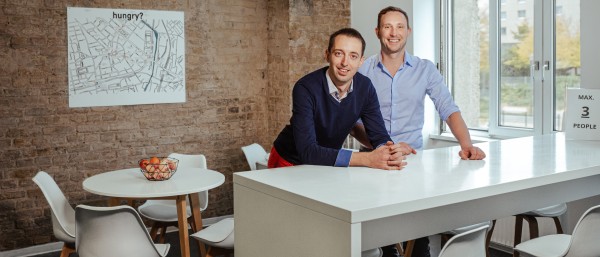

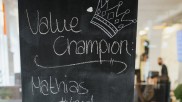

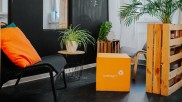
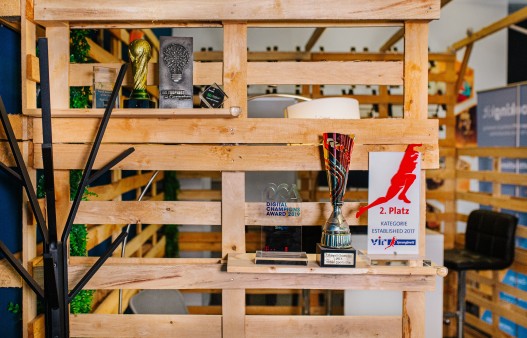
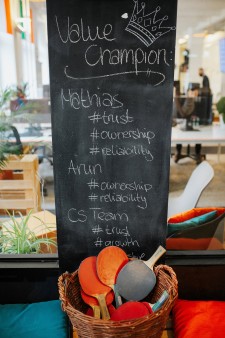
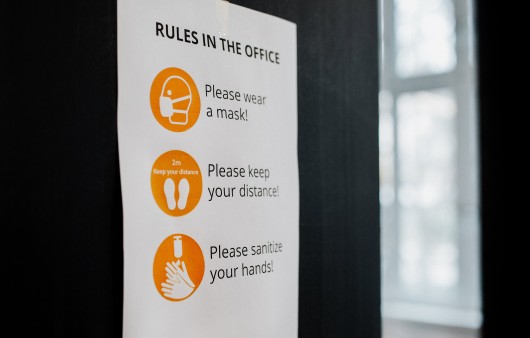





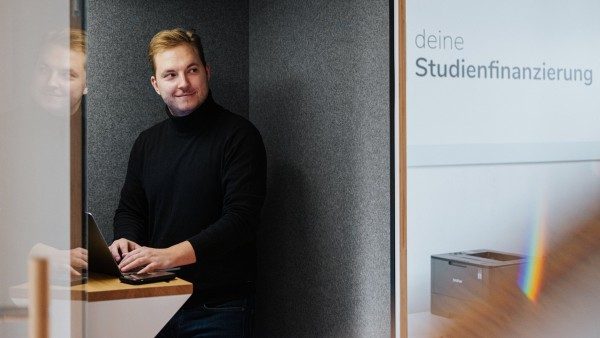
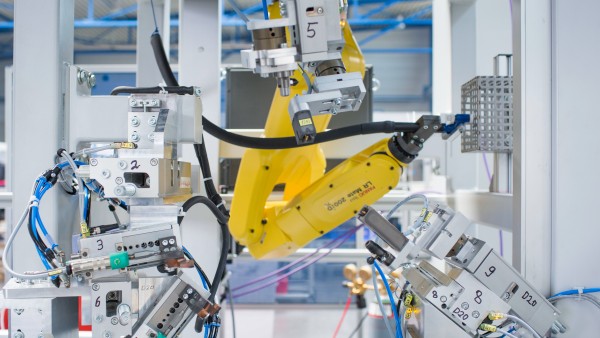
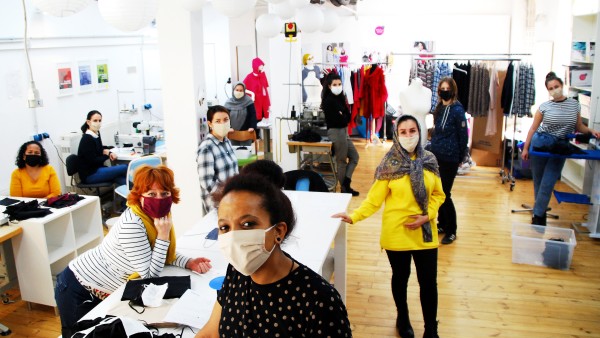
Data protection principles
If you click on one of the following icons, your data will be sent to the corresponding social network.
Privacy information